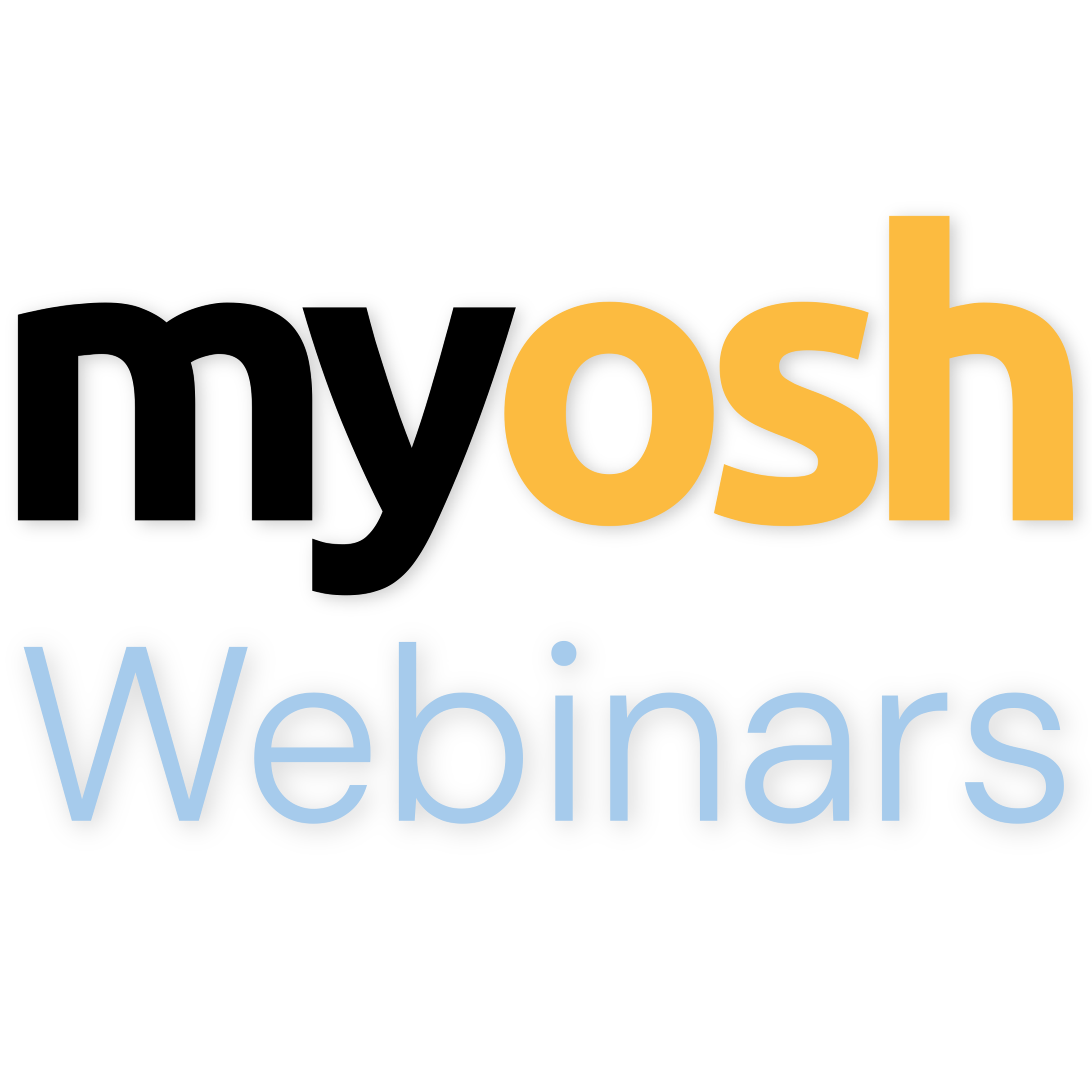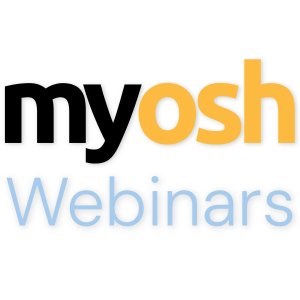What's Covered?
An Edith Cowan University (ECU) study has confirmed what many workers have long lamented: health and safety information, while vital, often fails to engage employees.
Dr Kelly Jaunzems’ study investigated occupational safety and health (OSH) information in the workplace and whether it was read, understood, taken on board, internalised and enacted.
The study found most companies use email to convey OSH information, but it is not the most effective method or preferred by employees, and social media’s potential remains virtually untapped.
Kelly will discuss
- How to tailor OSH Communication to reflect urgency, amount and type
- How other industries use social media platforms for their advantage
- How to create and engage with meaningful two-way conversations
About Dr Kelly Jaunzems
Researcher and Lecturer, Edith Cowan University
Dr Kelly Jaunzems is a qualitative researcher with extensive experience in ethnographic research design and implementation. She has a Master of Occupational of Health and Safety, and her PhD thesis investigated the communication of OSH information through a social construction framework. Her research focuses on social media, the social side of safety, and the channels and process of communicating OSH information to organisations, employees and the general public. Dr Jaunzems is co-chair of the AIOH’s Communications and Marketing committee, and the Australian representative on the IOSH Communication and Marketing Committee.


